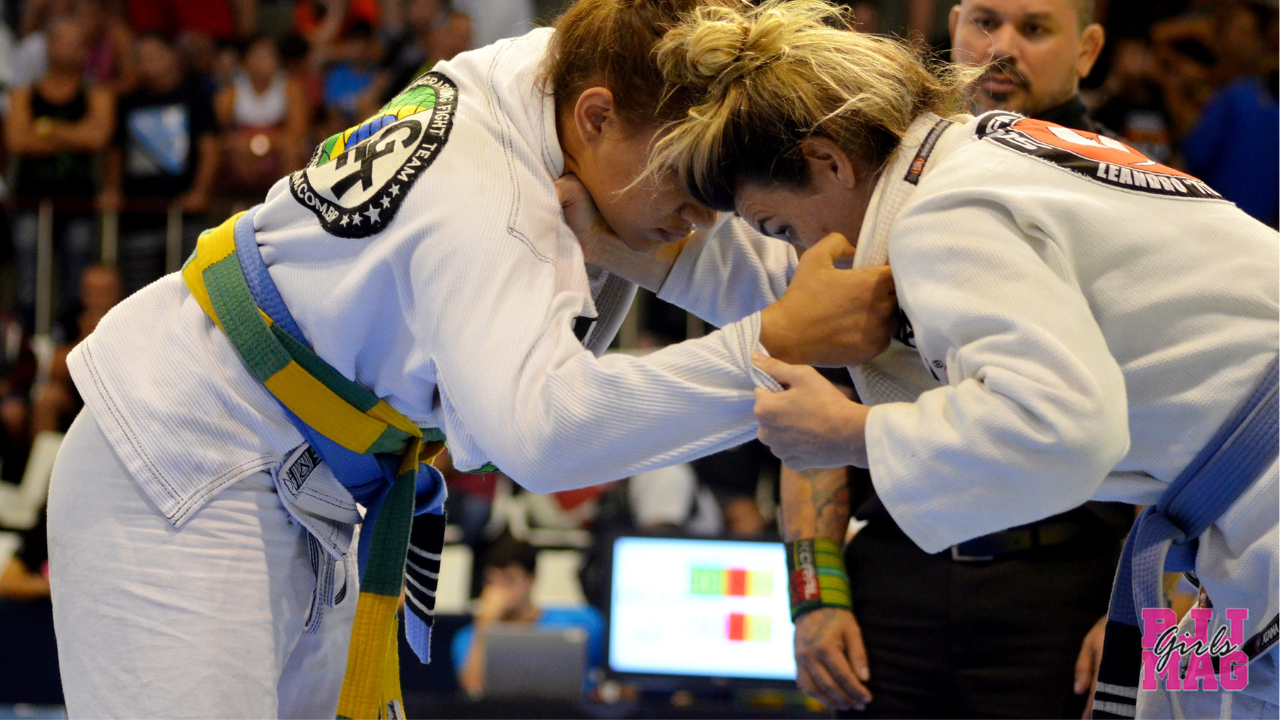If you’re reading this, chances are you’ve been thinking about trying Brazilian Jiu-Jitsu (BJJ) but still feel a little unsure. Maybe you’ve scrolled past some videos online or seen a local academy offering classes for women. You’re curious but hesitant. That’s completely normal.
This guide will answer the most common questions and concerns women have before stepping on the mats. Whether you’re 18 or 48, here’s what you need to know before your first class.
1. You Don’t Need to Be in Shape to Start
One of the biggest misconceptions is that you need to “get in shape first.” The truth is, Jiu-Jitsu will get you in shape.
Most BJJ classes are structured to support beginners. You’ll build strength, endurance, and flexibility over time. Instructors are used to working with students of all fitness levels. It’s okay to take breaks and go at your own pace. Your progress will come with consistency, not perfection.
2. It’s Normal to Be (sometimes) the Only Woman in Class
Depending on where you live, BJJ can still be male-dominated. Don’t let that discourage you.
Many women start out as the only female in their academy. While that can feel intimidating, most reputable gyms foster a respectful and inclusive environment. Over time, more women tend to join as the community grows.
If being around more women is important to you, look for schools that offer women’s-only classes or have female instructors.
3. You’re Going to Be Uncomfortable at First
Jiu-Jitsu is close-contact by nature. You will be sweating, rolling, and often tangled up with training partners. That can feel overwhelming in the beginning, especially if you’re not used to physical contact with strangers.
Give yourself time to adjust. The discomfort fades as you become more confident and focused on learning techniques. You’ll be surprised how quickly it becomes just part of the training.
4. Gear Matters, But You Don’t Need Everything on Day One
For your first few classes, most academies will let you borrow a gi. If not, wear fitted workout clothes that won’t rip or get in the way.
Eventually, you’ll want to invest in your own gear. A properly fitted women’s gi from brands like Tatami, Fuji, or Gold BJJ. A rash guard, especially for no-gi classes. A comfortable sports bra and compression shorts or leggings. A mouthguard can be helpful once you start sparring.
Avoid loose t-shirts, jewelry, and makeup during training. Keep your nails trimmed and bring flip-flops to wear off the mat.
5. You Don’t Have to Spar Right Away
Many beginners worry about “rolling” (sparring) on day one. In most academies, new students aren’t required to spar until they’ve learned the basic movements.
If your gym does encourage it early on, feel free to decline or ask to observe. You are in control of your training. A good instructor will never pressure you to do something you’re not ready for.
When you do start sparring, remember that tapping out is not a sign of failure. It’s part of learning and staying safe.
6. Your Progress May Feel Slow, and That’s Okay
Jiu-Jitsu takes time. Unlike other martial arts, it can take 10 years or more to reach a black belt. Promotions are based on consistency, skill, and mindset, not attendance alone.
At times, it will feel like you’re not improving. That’s when many people quit. Stick with it. Even if you train just twice a week, you’ll start to see small victories like escaping a bad position, remembering a move, or lasting longer during sparring.
Progress in BJJ is not linear, but it’s always happening.
7. You’re Stronger Than You Think
Most women who start Jiu-Jitsu discover an inner strength they didn’t know they had. Learning to defend yourself, control your body, and overcome fear builds confidence like few other activities.
It’s not just physical. It’s mental. You’ll become more assertive, focused, and resilient in other areas of your life too.
8. Find the Right Gym for You
Not every academy will be the right fit, and that’s okay. Look for a school that welcomes beginners, has a respectful and supportive culture, includes women on the mats or in leadership, and encourages learning over competition.
Take advantage of free trial classes. Trust your instincts. If you feel uncomfortable or disrespected, keep looking. The right environment can make all the difference in your journey.
From One Woman to Another
Starting Brazilian Jiu-Jitsu as a woman can feel intimidating, but it’s one of the most empowering things you can do for your body and mind. The hardest part is walking through the door for the first time. After that, everything gets easier.
Give yourself permission to be a beginner. You don’t have to be fast, strong, or fearless. You just have to show up.
You belong on the mats.
